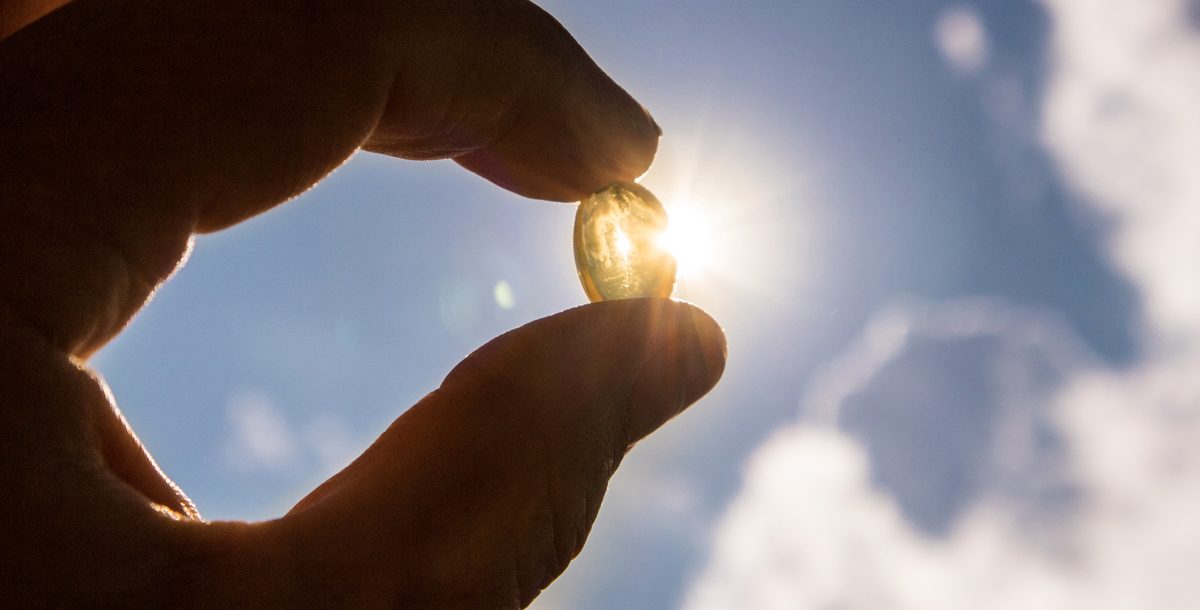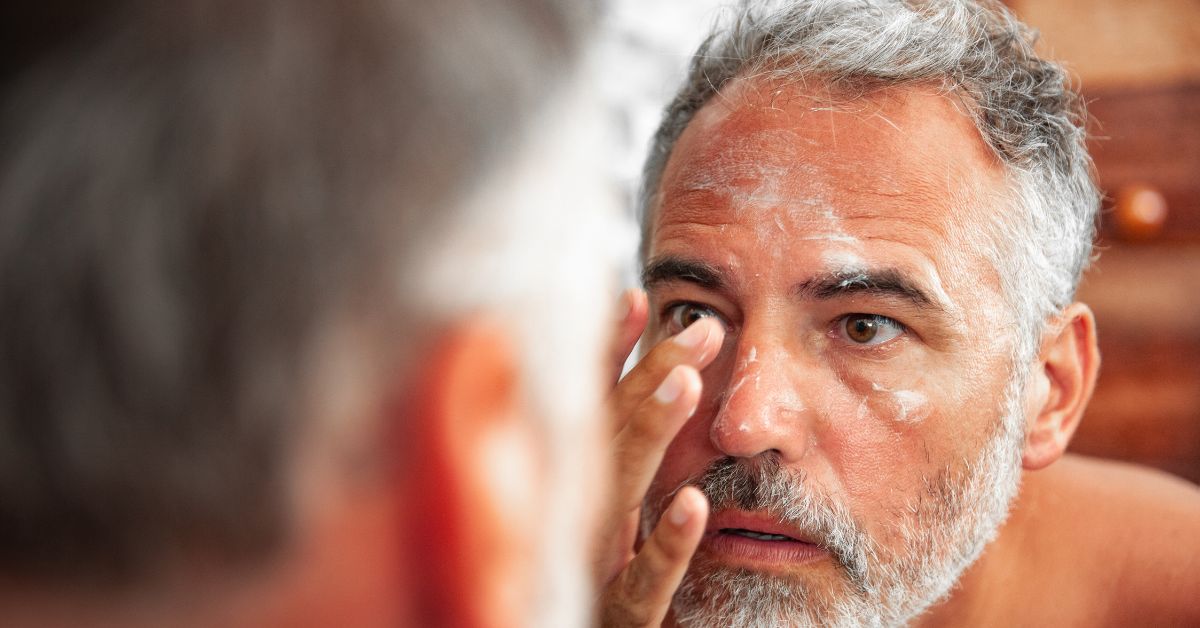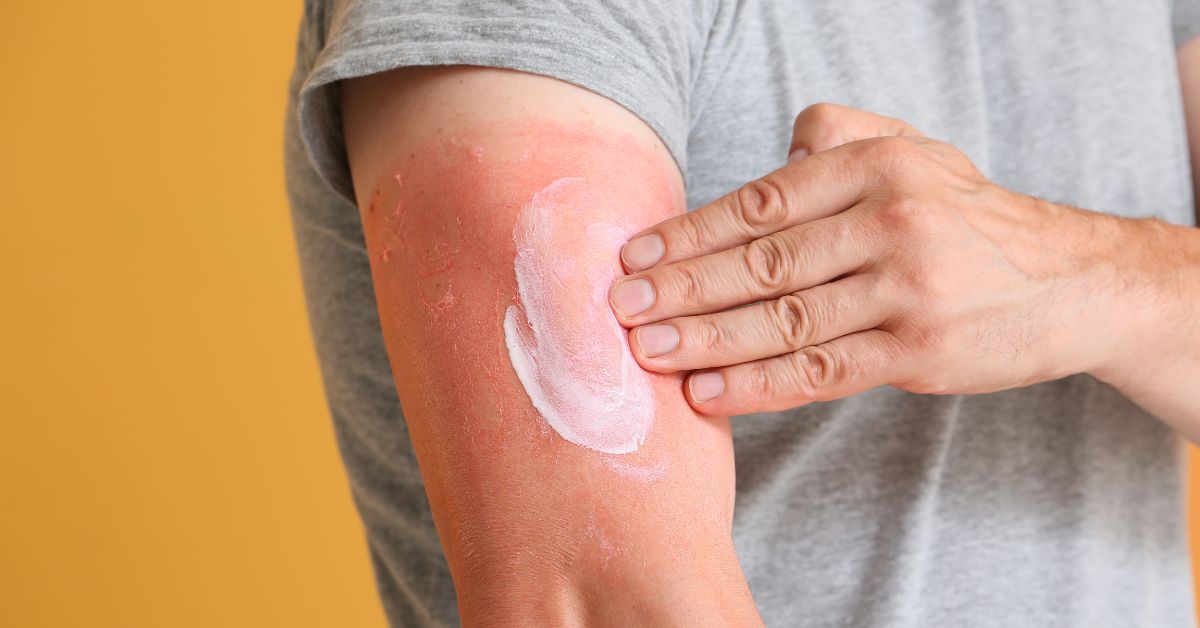Your body needs lot of different vitamins to make sure it’s working and growing well. Many people recognize vitamin D as one, but it’s actually a prohormone. This means it is a natural chemical that helps your body make hormones.
You don’t need to eat specific foods to get vitamin D. Instead, your body makes it naturally when you expose your skin to sunlight. Thirty minutes of sun exposure a week is usually more than enough for your body to maintain healthy levels of vitamin D. However, vitamin D also breaks down quickly, so shortages or deficiencies are more common than you might expect.
Learn the health benefits of vitamin D
Vitamin D does a lot of work throughout your body. Here are a few reasons why you need it.
- Vitamin D helps control your blood’s calcium levels. Calcium is an important mineral. Without vitamin D, your body would simply get rid of calcium, not absorb it. This could lead to weak bones and increase your risk of injury. Vitamin D also helps your body absorb phosphorus, another mineral that allows you to form healthy teeth and bones.
- Vitamin D helps your body avoid diabetes. This disease develops when your body has trouble using the sugar in your blood. Without vitamin D, your risk of developing Type 2 diabetes increases. It’s especially important that infants get enough vitamin D. Not getting enough can contribute to getting Type 1 diabetes later in life.
- Lack of vitamin D can increase the risk of pregnancy issues. For example, if a pregnant mother doesn’t get enough vitamin D, she might be at risk for preeclampsia. This condition can result in a doctor needing to perform a C-section for the safety of the baby and mother.
- Vitamin D continues to be important after the baby’s birth. It can help keep infants from getting all sorts of health problems, including the flu, eczema and asthma.
- Vitamin D also helps control cell growth. It might even slow down the rate that cancer grows.
How to tell if you have low vitamin D
Roughly 41 percent of Americans aren’t getting enough vitamin D, according to the National Institutes of Health.
Here are some warning signs of low vitamin D levels:
- Anxiety
- Bone and joint pain
- Bone loss
- Depression
- Frequent infections or sickness
- General fatigue
- Irritability
- Loss of hair
- Muscle pain and weakness
- Wounds that are slow to heal
Some of these signs can be very subtle. If you’re worried you might have low levels of vitamin D, have your doctor do a blood test that can detect the problem. Once you know for sure that a lack of vitamin D is causing issues you can take steps to boost your levels.
Boost your vitamin D levels
Although sunlight is the main way your body creates vitamin D, you can also help boost your levels by eating certain foods.
Add fish, such as tuna and salmon, to your diet. Both are rich in vitamin D. If you don’t like seafood, try to add more eggs and mushrooms to your daily meal plans. Some cereals also have vitamin D. When it comes to drinks, fill your glass with orange juice or fortified milk.
Have more questions? Find a Bon Secours physician near you and schedule an appointment.





